4health with Wholesome Grains Large Breed Adult Chicken Formula Dry Dog Food, 45 lb. Bag
Keep your big dog healthy, happy and full with the 4health with Wholesome Grains Large Breed Adult Chicken Formula Dry Dog Food. The wholesome, carefully selected ingredients provide optimal nutrition for adult large breed dogs, such as German Shepherd, Doberman, American Bulldog, St. Bernard, Mastiff and more. To meet the needs of a big dog, this recipe contains a whopping 1,200 mg/kg of glucosamine for joint health. The kibble is made from real chicken with wholesome grains to deliver quality protein and mouthwatering flavor. In addition, all the essential vitamins and minerals – from taurine to omega fatty acids – are added. Probiotics in the dog food also help maintain the proper balance in your dog’s digestive system. Pick up a bag of 4health dry dog food today. Made in USA.
Keep your big dog healthy, happy and full with the 4health with Wholesome Grains Large Breed Adult Chicken Formula Dry Dog Food. The wholesome, carefully selected ingredients provide optimal nutrition for adult large breed dogs, such as German Shepherd, Doberman, American Bulldog, St. Bernard, Mastiff and more. To meet the needs of a big dog, this recipe contains a whopping 1,200 mg/kg of glucosamine for joint health. The kibble is made from real chicken with wholesome grains to deliver quality protein and mouthwatering flavor. In addition, all the essential vitamins and minerals – from taurine to omega fatty acids – are added. Probiotics in the dog food also help maintain the proper balance in your dog’s digestive system. Pick up a bag of 4health dry dog food today. Made in USA.
- Meets the nutritional needs of adult large or giant breed dogs (German Shepherd, Doberman, American Bulldog, St. Bernard, Mastiff and more)
- Made with real chicken and provides appropriate levels of protein and fat for lean body condition
- Formulated with select ingredients and underwent rigorous quality control processes
- Fortified with taurine to support heart health and eye health
- Contains 1,200 mg/kg of glucosamine hydrochloride and 400 mg/kg chondroitin sulfate to support joint health
- Blend of omega-6 and omega-3 fatty acids helps keep the skin and coat healthy and shiny
- Probiotics help maintain the proper balance in your dog’s digestive system; each cup of dry dog food provides live, active cultures that help support healthy digestion
- Contains guaranteed levels of zinc, selenium and vitamin E for immune-supporting antioxidant nutrition
- Chicken flavor attracts most dogs
- Made in USA
- 45 lb. bag of dry dog food
- 4health Large Breed Formula for Adult Dogs is formulated to meet the nutritional levels established by the AAFCO Dog Food Nutrient Profiles for maintenance
Additional information
| Country of Origin | Made in USA |
|---|---|
| Breed Size | Large |
| Flavor | Chicken |
| Health Features | Heart Health, Immune System Support, Digestion Support, Skin & Coat Health |
| Life Stage | Adult |
| Primary Flavor | Chicken |
| Special Diets | Corn Free, Wheat Free, With Grain, Probiotics, Soy Free, Preservative Free, AAFCO Formulated, Omega Fatty Acids |
| Manufacturer Part Number | 9693 |

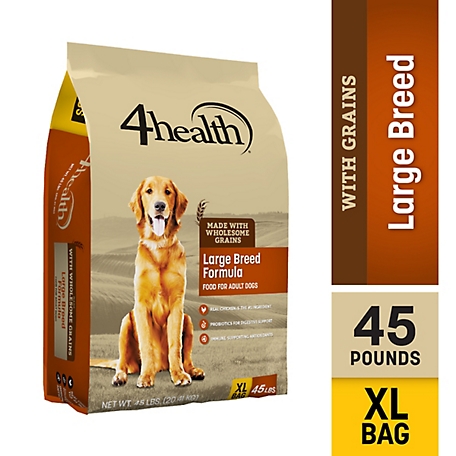
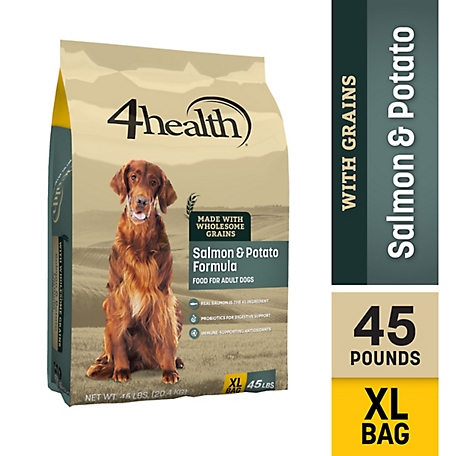
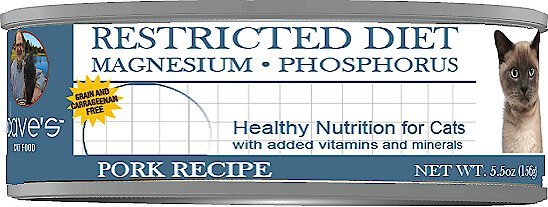
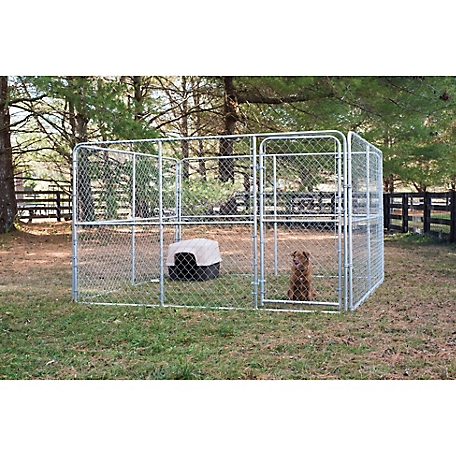
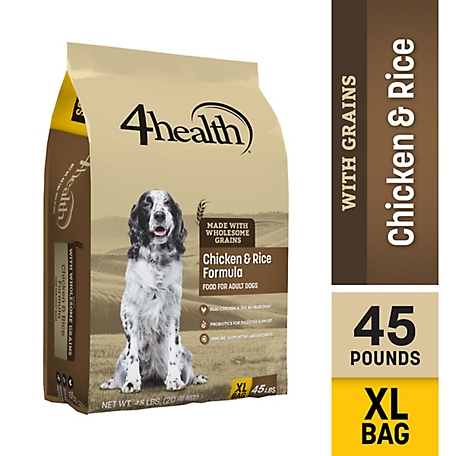

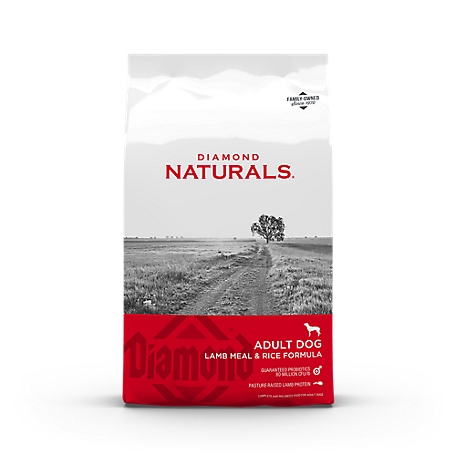

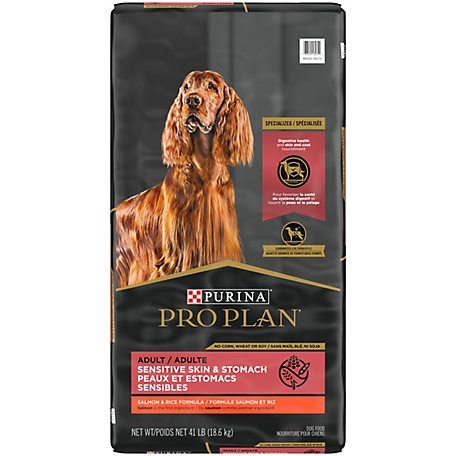
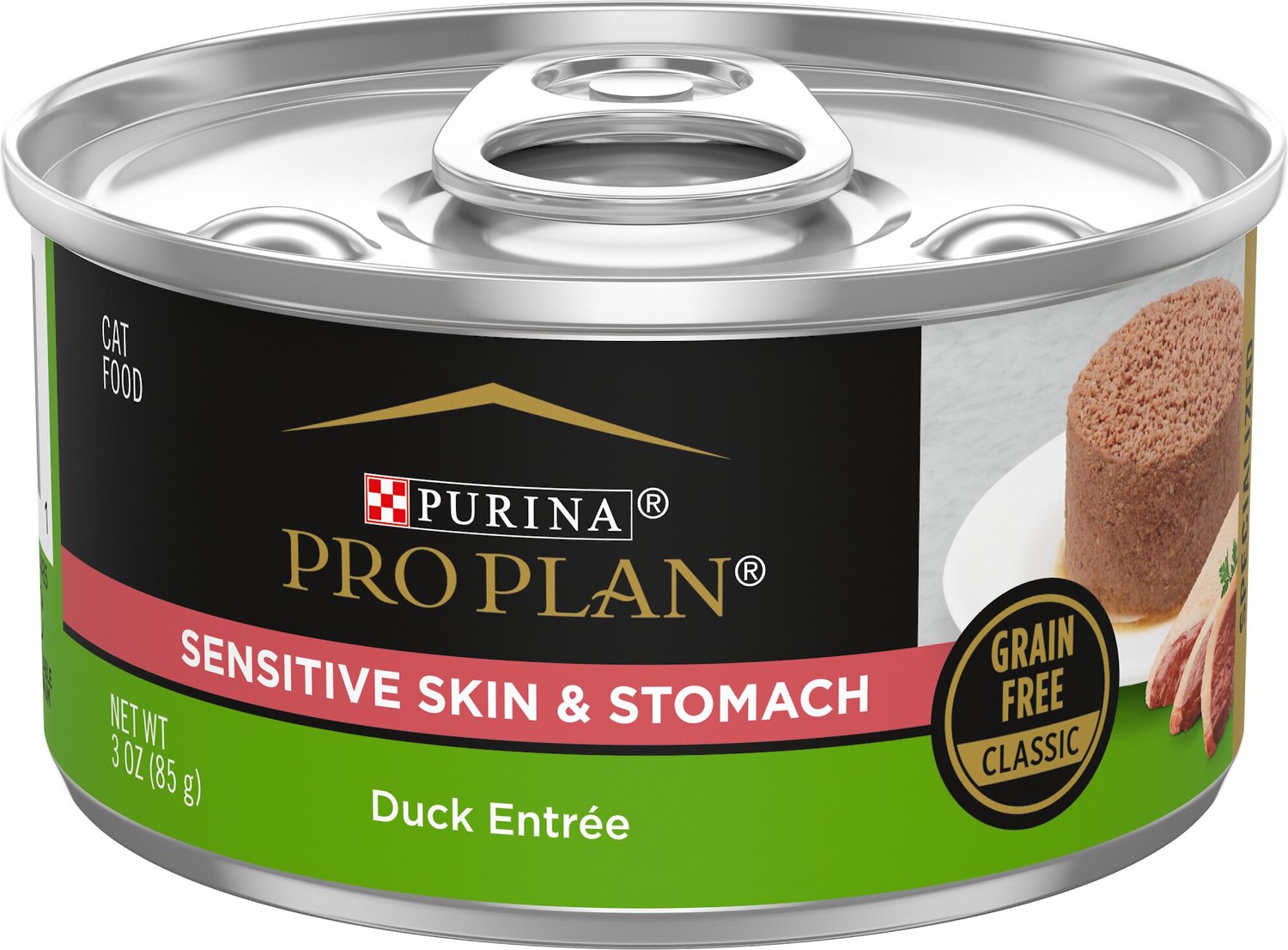
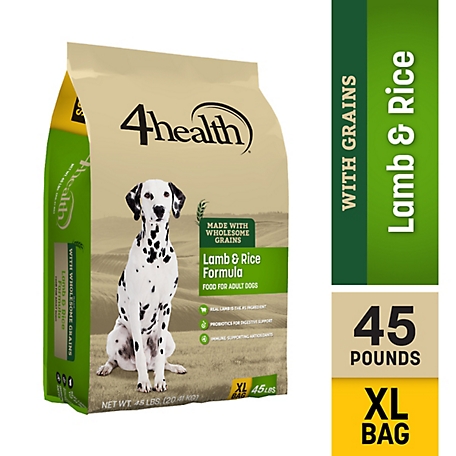
by Kristen
My Great Pyrenees has had this since he entered adulthood. He likes it and it has kept him healthy!
by Josh
Dog loves the food.
by Alan
My chihuahua and my two German Shepherds all love this food.
by Mary
Great product. Our dogs love this food.
by Holly
I love the quality of 4 Health food. I highly recommend and is better price than the counterparts with the same quality.